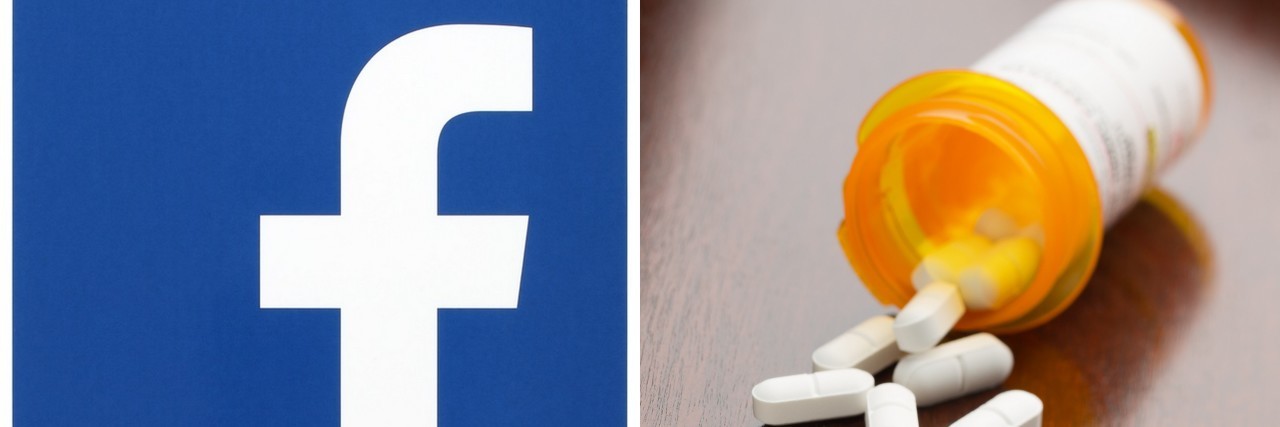Facebook to Redirect Searches for Buying Opioids and Addiction Treatment to Substance Abuse Hotline
Facebook is the latest company to get involved in the fight against opioids.
The company announced Tuesday it would roll out a new feature in which users attempting to purchase opioids through Facebook and users searching for information about addiction treatment would be redirected to a federal substance abuse crisis line.
Avra Siegel, Facebook’s policy programs manager who is working on its anti-opioid efforts, told The Hill Facebook is working to remove content related to the illicit sale of drugs. If a user types in the search bar about purchasing opioids or looking for addiction help, the search results page will include a prompt asking if the user would like treatment resources. It will then direct users to the Substance Abuse and Mental Health Services Administration (SAMHSA)’s national helpline, which provides referrals to people (and their families) dealing with substance abuse and mental health issues.
The resources do not include information about chronic pain treatment.
The majority of people who are prescribed opioids do not develop an addiction. Of the 236 million opioid prescriptions that were dispensed in the U.S. in 2016, 11.5 million people misused prescription pain medicine. Studies have shown among people with chronic pain, between less than 1 percent and 12 percent become addicted. Among people who do misuse prescription opioids (that is, using drugs not prescribed by a physician or using drugs only for the “high”), 50 percent get them for free from a friend or relative, 22 percent get them from one doctor and 4.8 percent bought them from a dealer, according to 2014 data from SAMHSA.
The number of prescriptions for painkillers that were filled dropped 8.9 percent in 2017, as more restrictions on prescribing opioids have been enacted, leading many patients to fear being cut off from their prescriptions.
Research has also indicated that fentanyl is now involved in a majority of fatal opioid overdoses — from 14 percent in 2010 to 46 percent in 2016. Efforts to fight the opioid crisis have begun cracking down on online markets, which often ship unapproved and potentially dangerous opioids.

